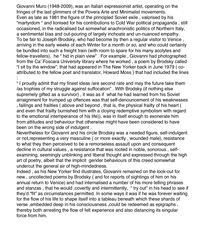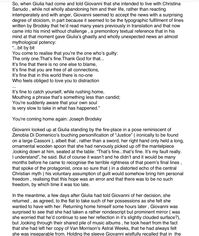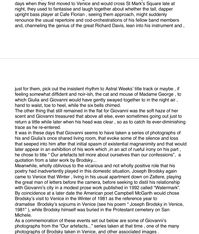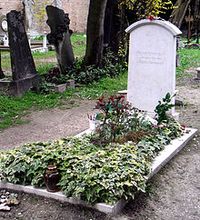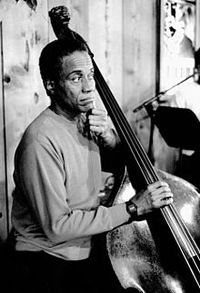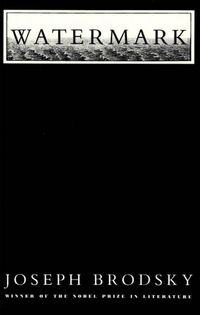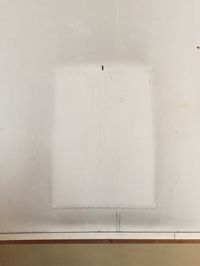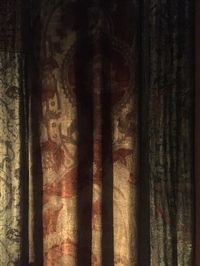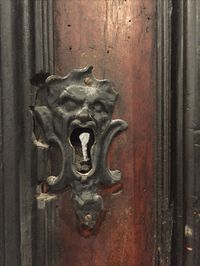Giovanni Muro (j) - Astral Weeks and Joseph Brodsky
Giovanni Muro (1948-2009), was an Italian expressionist artist, operating on the fringes of the last glimmers of the Povera Arte and Minimalist movements.
Even as late as 1981 the figure of the principled Soviet exile , valorised by his “martyrdom “ and lionised for his contributions to Cold War political propaganda , still occasioned, in the radicalised but somewhat anachronistic politics of Northern Italy, a sentimental bias and out-pouring of largely inchoate and un-nuanced empathy.
To be fair to Joseph Brodsky, who had become by then a regular visitor to Venice , arriving in the early weeks of each Winter for a month or so, and who could certainly be bundled into such a freight train (with room to spare for his many acolytes and fellow-travellers), he “ hid in plain view” . For example , Giovanni had photographed from the Ca’ Foscara University library where he worked , a poem by Brodsky called “I sit by the window”, that had appeared in The New Yorker back in June 1979 ( co-attributed to the fellow poet and translator, Howard Moss ) that had included the lines :
“ I proudly admit that my finest ideas /are second rate and may the future take them /as trophies of my struggle against suffocation” . With Brodsky (if nothing else supremely gifted as a survivor) , it was as if what he had learned from his Soviet arraignment for trumped up offences was that self-denouncement of his weaknesses , failings and frailties ( above and beyond , that is, the physical frailty of his heart ( and even that frailty burnished him with a cloying redemptive symbolism with regard to the emotional intemperance of his life)), was in itself enough to exonerate him from attitudes and behaviour that otherwise might have been considered to have been on the wrong side of indulgent .
Nevertheless for Giovanni and his circle Brodsky was a needed figure, self-indulgent or not,representing a very masculine ( or more exactly , wounded male), resistance to what they then perceived to be a remorseless assault upon and consequent decline in cultural values , a resistance that was rooted in noble, sonorous , self-examining, seemingly unblinking and liberal thought and expressed through the high art of poetry, albeit that the implicit gender behaviours of this creed somewhat undercut the general air of high-mindedness.
Indeed , as his New Yorker find illustrates, Giovanni remained on the look-out for new , uncollected poems by Brodsky ( and for reports of sightings of him on his annual return to Venice) and had internalised a number of his more telling phrases and stanzas , that he would ,covertly and intermittently, “ try out” in his head to see if they’d “fit” as circumstances permitted. In some ways it was if he was forever waiting for the flow of his life to shape itself into a tableau beneath which these shards of verse ,embedded deep in his consciousness ,could be redeemed as epigraphs , thereby both arresting the flow of felt experience and also distancing its singular force from him.
So, when Giulia had come and told Giovanni that she intended to live with Christina Sanudo , while not wholly abandoning him and their life, rather than reacting intemperately and with anger, Giovanni seemed to accept the news with a surprising degree of stoicism, in part because it seemed to be the typographic fulfilment of lines written by Brodsky that he’d read many years previously in translation and that now came into his mind without challenge , a premonitory textual reference that in his mind at that moment gave Giulia’s ghastly and wholly unexpected news an almost mythological potency:
“...bit by bit
You come to realise that you’re the one who’s guilty:
The only one.That’s fine.Thank God for that...
It’s fine that there is no one else to blame,
It’s fine that you are free of all connections,
It’s fine that in this world there is no-one
Who feels obliged to love you to distraction
...
It’s fine to catch yourself, while rushing home,
Mouthing a phrase that’s something less than candid;
You’re suddenly aware that your own soul
Is very slow to take in what has happened.”
You’re coming home again: Joseph Brodsky
Giovanni looked up at Giulia standing by the fire-place in a pose reminiscent of Zenobia Di Domenico’s touching personification of “Justice” ( ironically to be found on a large Cassoni ), albeit that , rather than a sword, her right hand only held a long, ornamental wooden spoon that she had nervously picked up off the mantelpiece ,looking down at him, seated at the table: “That’s fine...that’s fine. It’s my fault really. I understand”, he said. But of course it wasn’t and he didn’t and it would be many months before he came to recognise the terrible rightness of that poem’s final lines , that spoke of the protagonist, once so sure that ( in a distorted echo of the central Christian myth ) his voluntary assumption of guilt would somehow bring him personal freedom , realising that this hope was an error and that there was to be no such freedom, by which time it was too late.
In the meantime, a few days after Giulia had told Giovanni of her decision, she returned , as agreed, to the flat to take such of her possessions as she felt she wanted to have with her. Returning home himself some hours later , Giovanni was surprised to see that she had taken a rather nondescript but prominent mirror ( was she worried that he’d continue to see her reflection in it’s slightly clouded surface?), but ,looking through their shared pile of music albums , he took heart from the fact that she had left her copy of Van Morrison’s Astral Weeks, that he had always felt she was inseparable from. Holding the sleeve Giovanni wistfully recalled that in the days when they first moved to Venice and would cross St Mark’s Square late at night, they used to fantasise and laugh together about whether the tall, dapper upright bass player at Cafe Florian , seeing them approach, might suddenly renounce the usual repertoire and cod-orchestrations of his fellow band members and, channeling the genius of the great Richard Davis, lean into his instrument and , just for them, pick out the insistent rhythm to Astral Weeks’ title track or maybe , if feeling somewhat diffident and noir-ish, the cat and mouse of Madame George , to which Giulia and Giovanni would have gently swayed together to in the night air , hand to waist, toe to heel, while the six bells chimed.
The other thing that still remained in the flat for Giovanni was the soft haze of her scent and Giovanni treasured that above all else, even sometimes going out just to return a little while later when his head was clear , so as to catch its ever-diminishing trace as he re-entered.
It was in these days that Giovanni seems to have taken a series of photographs of his and Giulia’s once shared living room, that evoke some of the silence and loss that seeped into him after that initial spasm of existential magnanimity and that would later appear in an exhibition of his work which ,in an act of rueful irony on his part , he chose to title “ Our artefacts tell more about ourselves than our confessions”, a quotation from a later work by Brodsky...
Meanwhile, wholly oblivious to the vicarious and not wholly positive role that his poetry had inadvertently played in this domestic situation, Joseph Brodsky again came to Venice that Winter , living in his usual apartment down on Zattere, playing the great man of letters before the camera, before seeking to distil his relationship with Giovanni’s city in a modest prose work published in 1992 called “Watermark”. By coincidence at a later date the American poet Campbell McGarth would chose Brodsky’s visit to Venice in the Winter of 1981 as the reference year to dramatise Brodsky’s sojourns in Venice (see his poem “ Joseph Brodsky in Venice, 1981” ), while Brodsky himself was buried in the Protestant cemetery on San Michele.
As a commemoration of these events set out below are some of Giovanni’s photographs from the “Our artefacts...” series taken at that time , one of the many photographs of Brodsky taken in Venice, and other associated images .
18 Pins
·3 Sections
·5y
By

